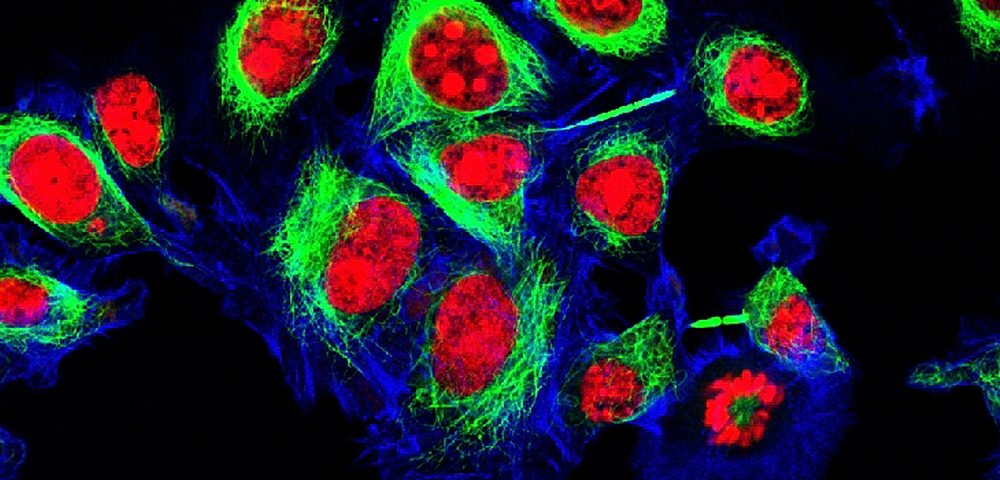Understanding how prostate cancer cells develop resistance to androgen deprivation therapies is critical to developing therapies that restore sensitivity to such agents, improving the treatment — and the chances — of people with castration-resistant prostate cancer.
Researchers recently identified two tumor-suppressor proteins, TP53 and RB1, that are lost in the transition from androgen-dependent to androgen-independent cells.
They also found that targeting a protein, which is more abundant after this transition, appeared to help restore cell sensitivity to androgen deprivation therapy (ADT).
The study, “Rb1 and Trp53 cooperate to suppress prostate cancer lineage plasticity, metastasis, and antiandrogen resistance,” was published in Science.
“Androgen-deprivation therapy is commonly used to treat patients whose prostate cancer has spread beyond the prostate. While most men initially respond to this therapy, the cancer nearly always returns and is often aggressive and lethal,” David Goodrich, PhD, the study’s co-senior author and a professor of Oncology in the Department of Pharmacology and Therapeutics at Roswell Park, said in a press release. “We have discovered a mechanism that causes progression to this aggressive form of prostate cancer, providing a new opportunity to prevent or treat lethal forms of prostate cancer.”
Prior studies have suggested that lineage plasticity — how a cell adapts to environmental changes — promotes therapeutic resistance, but the mechanisms underlying lineage plasticity in prostate cancer are not completely understood.
Studying mouse models of prostate cancer, the researchers demonstrated that RB1 loss facilitated lineage plasticity and metastasis, and the additional loss of TP53 led to resistance to androgen deprivation therapies.
The team also found that increased plasticity was linked to an increase in the EZH2 protein, which regulates the levels of a number of genes by inducing epigenetic changes in the DNA. Targeting this protein restored androgen receptor expression and cell sensitivity to androgen deprivation therapies, suggesting that EZH2 inhibitors should be explored as ways to prevent or treat resistance to androgen deprivation therapies.
“These findings offer a new understanding of prostate cancer lineage plasticity, which involves the conversion of cancer cells that are dependent on a specific therapeutic target to cancer cells that are now indifferent to that target’s function,” said Leigh Ellis, PhD, the study’s other co-senior author, and an assistant professor of oncology in the Department of Pharmacology and Therapeutics. “This discovery offers the possibility to reverse or delay lineage plasticity, thereby prolonging the effectiveness of the currently used therapies, like androgen deprivation. And this new understanding has the potential to be applicable in other types of cancers.”

